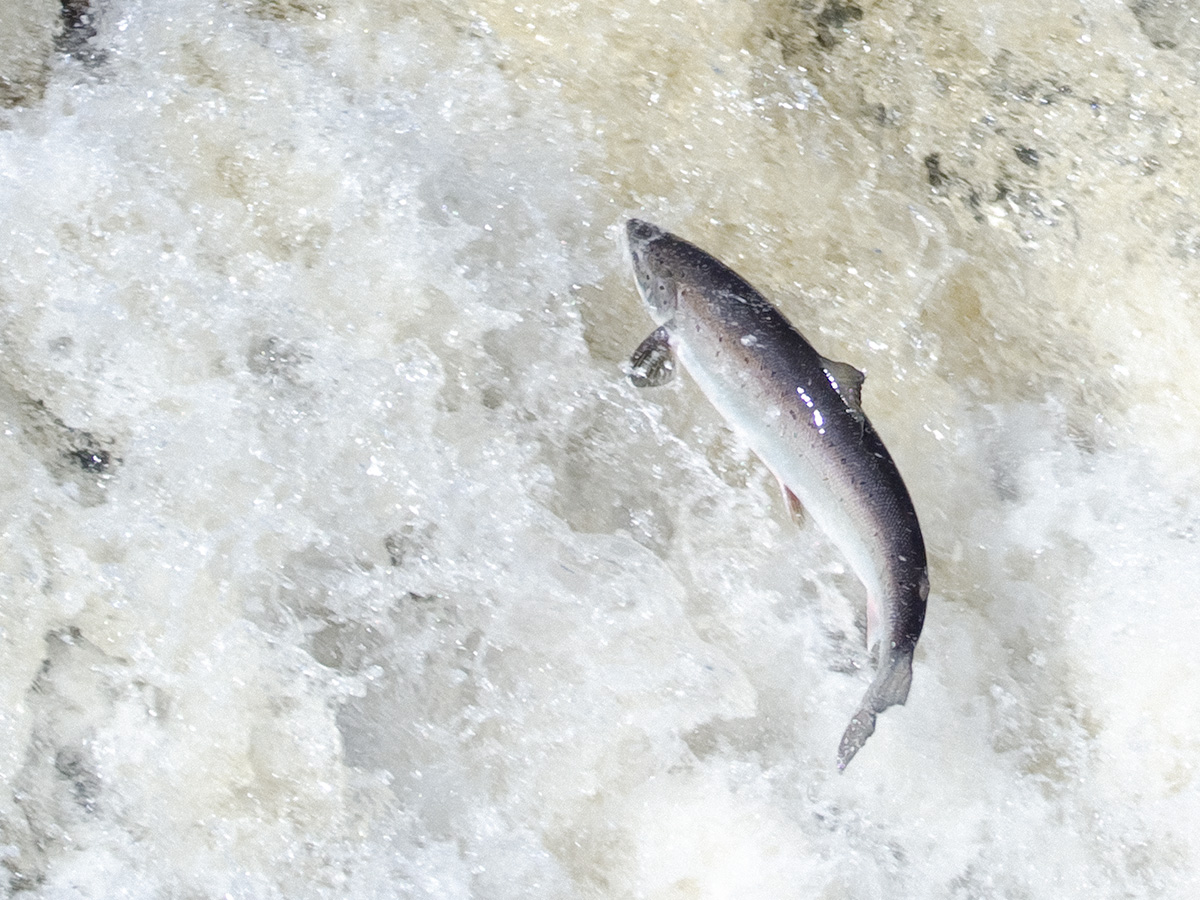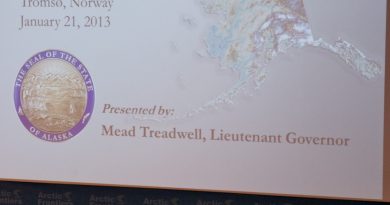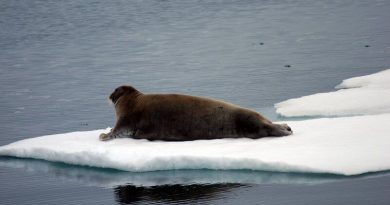Greenland fishery plans cause alarm in Canada

Every winter, salmon from all over the north Atlantic, including Canada, converge on Greenland to feed in the territory’s waters.
For the last decade, Greenland has forgone commercial fishing of these salmon, in the interest of conservation.
But a recent announcement by the territory that it plans to open a commercial fishery has caused alarm in some North Atlantic countries where certain salmon populations are in critical decline.
A meeting of the North Atlantic Salmon Conservation Organization (NASCO) in Ireland last week failed to reach a solution.
Keith Ashfield, Canada’s minister of Fisheries and Oceans, said he was disappointed with Greenland’s decision.
“The purpose of international organizations like the North Atlantic Salmon Conservation Organization is to encourage cooperation, thereby ensuring fisheries sustainability,” Ashfield said in a press release this week.
“Greenland’s actions go against these objectives and the Government of Canada urges it to adhere to internationally acceptable levels.”
When reached this week, a spokesperson for Greenland’s Ministry of Fisheries, Hunting and Agriculture said no one at the ministry was able to give an English-language interview on the issue.
The ministry did not respond to a request for a written statement.
However, Greenland has earlier said it harvests significantly less salmon than other Atlantic nations yet has been saddled with a disproportionate amount of the responsibility for conservation.
To tell us more about the controversy, and what’s at stake for the health of Canada’s wild Atlantic salmon stocks, Eye on the Arctic’s Eilís Quinn spoke with Bill Taylor, the president of the conservation group Atlantic Salmon Federation.
To listen to their conversation, click here


